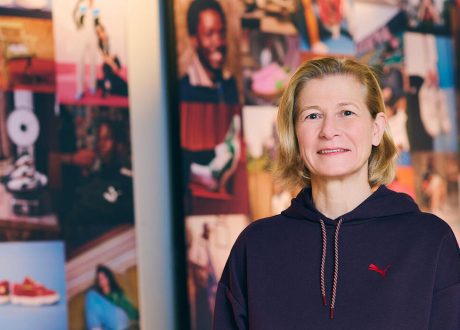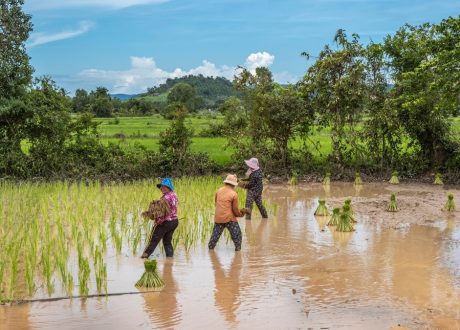
New ISO ESG Implementation Principles provide int’l guidance to streamline ESG practices
New ESG Implementation Principles launched the International Organization for Standardization (ISO) at the 29th United Nations ...

The World Bank approved a $210 million project to support the Government of Indonesia to enhance the management of natural marine resources and improve the livelihoods of coastal communities.
The Oceans for Prosperity Project (LAUTRA) aims to strengthen the management of Indonesia’s marine biodiversity – including coral reefs and associated ecosystems, and ensure a sustainable transition to a blue economy by improving the management of marine protected areas and priority fisheries. The project is also designed to develop diversified and sustainable livelihoods for coastal communities living around selected marine protected areas. LAUTRA is, therefore, expected to contribute to poverty reduction in Indonesia’s coastal regions and increase resilience to flooding and sea level rise.
“This project will support the achievement of Indonesia’s national priority of having 32.5 million hectares of marine protected areas effectively managed by 2030,” said Sakti Wahyu Trenggono, Minister of Marine Affairs and Fisheries of the Republic of Indonesia. “Effective management of Indonesian marine protected areas will enhance ecosystem services, biodiversity outcomes, and associated support for sustainable fisheries, food security and livelihoods.”
LAUTRA project will also support the achievement of target three of the Kunming-Montreal Global Biodiversity Framework: 30 percent of terrestrial, inland water, and coastal and marine areas of particular importance for biodiversity effectively managed by 2030.
Indonesia is the largest archipelagic country in the world, has the world’s second longest coastline, and the second-largest area of coral reefs in the world. These coral reefs and associated ecosystems, including mangroves, seagrasses, are home to some of the richest marine biodiversity in the world and support large fisheries and tourism industries that millions of people depend on for their livelihoods, food and way of life. Indonesia’s coastal and marine ecosystems are key to both climate change adaptation and mitigation.
However, climate change and human activity are leading to the deterioration of the health of these marine and coastal ecosystems, undermining their contribution to Indonesia’s ocean economy, and increasing the vulnerability of coastal communities to flooding, biodiversity loss and deteriorating fish stocks. One-third of Indonesian’s coral reefs are already in poor condition, and an estimated forty percent of the country’s mangroves and seagrasses are degraded or lost. This will only further deepen poverty in coastal villages, which is higher than in non-coastal villages, and where the average fisherman earns less than the national minimum wage.
“The Oceans for Prosperity project aims to build the infrastructure, systems and capacity for improved management of marine protected areas and surrounding fisheries. It will also improve economic opportunity for local communities, and women in particular,” said Satu Kahkonen, World Bank Country Director for Indonesia and Timor-Leste. “In addition, by building the Government of Indonesia’s capacity to mobilize blue finance, this project will help provide a sustainable flow of financing for the management of marine resources and the development of coastal community livelihoods.”
The project will support twenty targeted marine protected areas and surrounding communities in eleven provinces. The selected locations are situated in the eastern part of Indonesia, a region with the lowest economic welfare scores and highest levels of marine biodiversity in the country.
The Government of Canada will provide a US$5 million grant through the Indonesia Oceans, Marine Debris and Coastal Resources Multi-Donor Trust Fund (Oceans MDTF), and the PROBLUE Multi-Donor Trust Fund will provide a US$5 million grant as co-finance for the Oceans for Prosperity project.
New ESG Implementation Principles launched the International Organization for Standardization (ISO) at the 29th United Nations ...
PUMA has already made strong progress in reducing its greenhouse gas emission over the past ...
The United Nations Trade and Development (UNCTAD) urged during the 29th United Nations Climate Change ...


اترك تعليقا